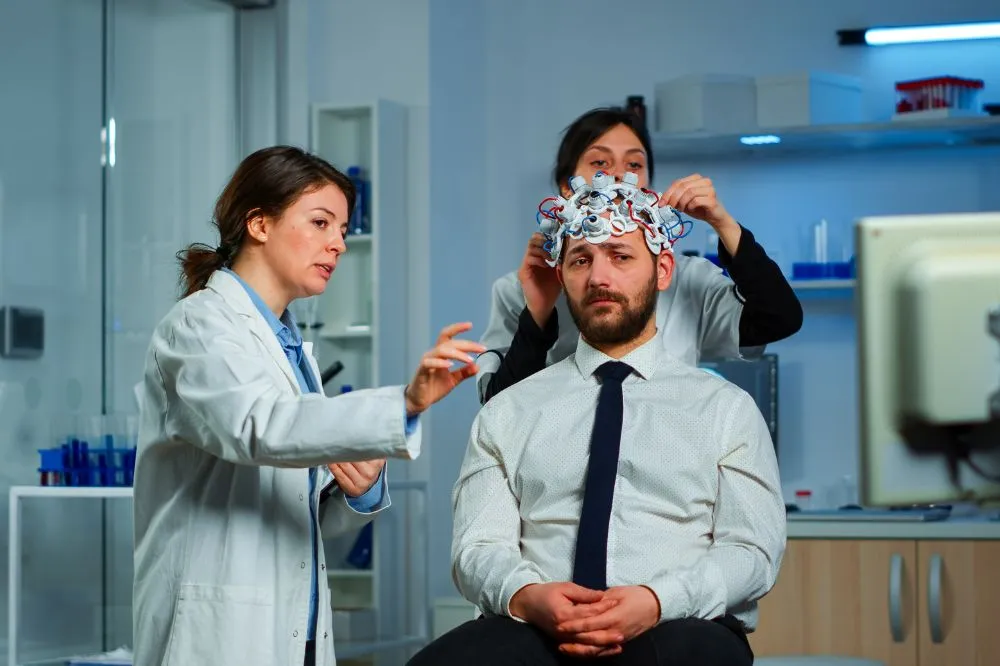Summary: Opioid epidemic has been causing more deaths in the last few years than street drugs. Thus, everyone has quickly blamed doctors and pharmaceutical companies for this epidemic. Opioids are the most potent painkillers; without them, patients may suffer from severe pain. However, law enforcement agencies have been pressurizing doctors to reduce opioid prescriptions. Now, new studies suggest that medical prescription of these drugs may not have anything to do with the opioid epidemic. Even if opioids become hard to get, those prone to substance abuse would switch to other drugs. Therefore, there is no evidence that reducing opioid prescriptions would reduce drug overdose-related deaths. It will only result in the change of name of the substance that causes an overdose crisis.
Prescription drugs have been responsible for many deaths in the last decade or so. Almost all of these deaths have occurred due to drug overdose and misuse. Everyone seems to be blaming doctors and the pharmaceutical industry for the epidemics. However, many think that this epidemic has occurred due to widespread prescription of these medications, causing opioid addiction and increased misuse of these medications.
Opioids are one of the most potent painkillers. And in many clinical conditions, managing pain without these powerful pain killers is challenging. If doctors completely stop prescribing these drugs, it would result in poorly managed pain and other health harms.
However, new studies suggest that doctors prescribing opioids may have nothing to do with the epidemic. In one of the studies, researchers followed patients who were prescribed opioids for the first time to control severe pain. After six months of follow-up, less than one percent of the patients used opioids consistently.
People prescribed opioids are not likely to abuse them significantly
This is not the first study to show that opioid prescription is not to be blamed for the present epidemic. In one of the more extensive studies published in the reputed journal BMJ, researchers analyzed the data of 560 000 opioid naïve patients who were prescribed opioids for pain relief. The study found that in the long run, just about 0.6% were found to be misusing opioids.
Many studies show that there is no correlation between opioid misuse and prescription by doctors. It means that if doctors prescribe these drugs for pain relief, this does not contribute much to opioid epidemics. However, this also means that there are other less-known factors causing this epidemic.
However, despite the emerging data that doctors have nothing to do with an opioid epidemic, policymakers and law enforcement agencies are continually pressuring the medical community to stop prescribing these drugs or use them sparingly. However, doctors think that reducing their prescriptions would reduce their patients’ quality of life. In many cases, the situation in the US may become like that in some developing nations.
Since law enforcement agencies are pressuring doctors, CDC has even come up with a statement that agencies should stop misinterpreting its guidelines. Although CDC suggests that doctors should practice caution when prescribing these medications, doctors are in the best situation to decide when to prescribe and when not.
However, things in practice are quite complicated. For example, despite the clarification from CDC, pharmacies are not dispensing opioids in sufficient amounts to the patients.
Researchers further noted that restricting opioid use may help reduce opioid overdose rates. However, it would not result in a decline in substance abuse and related deaths since most people who misuse substances would switch to something else like fentanyl or heroin.
Also, since the regulatory agencies have started discouraging doctors from prescribing opioids, many other street drugs have come back. Thus, methamphetamine misuse has risen considerably in the last few years.
Experts suggest that law enforcement agencies should focus on their war on drugs instead of pressuring doctors and pharmacists. Since pressurizing, doctors would not result in less substance abuse. All it will cause is that addicts or those living with substance misuse disorder would shift to another substance. Hence, the name of the substances causing harm would keep changing, but the overall mortalities caused by substance misuse or overdose would not change.






